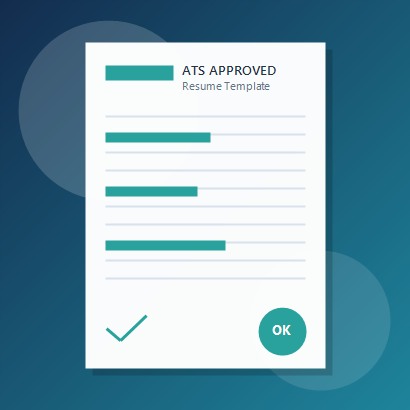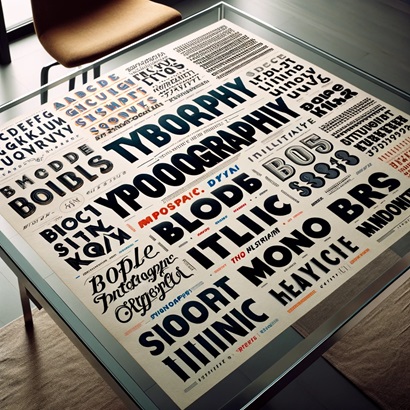Optimizing Your Resume for Part-Time vs. Full-Time Positions
Resume Optimizer Pro Editorial Team
Updated October 2, 2024

When applying for part-time or full-time positions, the approach to crafting your resume should be distinctly tailored to align with the specific requirements and expectations of each type of job. Understanding the nuances in what recruiters and hiring managers look for in part-time versus full-time candidates can significantly increase your chances of landing an interview. This guide will delve into strategies for optimizing your resume depending on whether you are pursuing part-time or full-time employment, highlighting key differences and tips for effectively positioning yourself in the job market.
The Fundamental Differences
Before tailoring your resume, it’s crucial to comprehend the fundamental differences between part-time and full-time job applications. Part-time jobs often require flexibility, specific skills for short-term projects, or the ability to quickly adapt to varying shifts. Full-time positions, conversely, might emphasize long-term commitment, comprehensive industry experience, and a deeper integration into a company’s culture.
Part-Time Resume Focus
For part-time positions, emphasize your flexibility, reliability, and the ability to contribute immediately without a steep learning curve. Highlight experiences and skills that show you can jump right into the role with minimal training. This might include similar roles you’ve held, specific tools you’ve mastered, or soft skills like excellent time management that enable you to juggle multiple responsibilities efficiently.
Full-Time Resume Focus
In contrast, resumes for full-time positions should underline a trajectory of career progression, stability, and a deeper level of expertise in a particular field. Focus on your career achievements over time, demonstrating how you’ve developed and applied your skills to significantly benefit past employers. This narrative should paint a picture of a candidate who is looking to grow and sustain their career with a prospective employer.
Customizing the Professional Summary
The professional summary at the top of your resume serves as your first impression. Tailoring this section to either part-time or full-time work can set the tone for the rest of your resume, informing the recruiter immediately about your suitability for the position.
Part-Time Summary Approach
For part-time roles, your summary should be concise, highlighting your adaptability and specific skills related to the job. For example, if you are applying to a retail job, mention your customer service skills and your ability to work flexible hours, including weekends and evenings if necessary.
Full-Time Summary Approach
For a full-time position, the summary should project a sense of career continuity and aspiration. Detail your professional goals and how they align with the company’s objectives. This could involve stating your experience in a key area of the company’s operations and your desire to deepen your expertise and take on increased responsibility.
Tailoring Experience and Skills
While the experience section of your resume is vital for any job application, the way you present your past roles can have a significant impact depending on the type of job you're seeking.
Highlighting Experience for Part-Time Jobs
When tailoring your resume for a part-time job, prioritize relevant, recent part-time positions or temporary assignments that demonstrate your capability to manage the specific demands of a part-time schedule. Include volunteer work or internships if they show relevant skills or experiences that can translate well into the part-time role you are targeting.
Emphasizing Experience for Full-Time Jobs
For full-time applications, emphasize positions that show a steady career progression. Include roles that involved significant responsibility, such as managing teams, leading projects, or any positions where you helped drive company growth. This demonstrates commitment and the ability to handle long-term challenges.
Conclusion
Optimizing your resume for part-time versus full-time positions involves more than tweaking a few words; it requires a strategic rethinking of how your experiences and skills are presented. Whether highlighting your flexibility and specific skills for part-time roles or showcasing your commitment and career growth for full-time positions, your resume should be a carefully crafted document that speaks directly to the needs of the employer. By understanding these differences and tailoring your resume accordingly, you are more likely to catch the eye of recruiters and secure the job that best fits your professional goals and lifestyle.


